Importance of venues and stadiums in football
Venues and stadiums play a crucial role in the overall experience of a football match. They are more than just structures; they are the beating hearts of football clubs and their fans. A well-designed stadium can create an atmosphere that elevates the players' performance and amplifies the emotions of the crowd. It becomes a place where history is made, and legends are born. The DFB-Pokal, Germany's premier domestic cup competition, has had the privilege of being hosted by some of the most iconic stadiums in the country. These venues not only provide a stage for the players to showcase their skills but also serve as a pilgrimage site for football enthusiasts from around the world.
Signal Iduna Park: Home of Borussia Dortmund
Signal Iduna Park, formerly known as Westfalenstadion, is the largest stadium in Germany and the home of Borussia Dortmund. With a capacity of over 81,000 spectators, it is a fortress that strikes fear into the hearts of opposing teams. The iconic yellow wall, a massive standing section behind one of the goals, is a sight to behold. This wall is where the most passionate Dortmund fans gather, creating an electric atmosphere that is hard to replicate anywhere else in the world. The stadium's architecture is modern and impressive, designed to maximize crowd participation and create an intimidating environment for the visiting teams. Signal Iduna Park has witnessed numerous historic moments, including Dortmund's triumph in the 1997 UEFA Champions League final. The stadium's energy and passion make it an unforgettable experience for anyone lucky enough to attend a match here.
Allianz Arena: Home of Bayern Munich
The Allianz Arena, located in Munich, is the home of one of the most successful football clubs in the world, Bayern Munich. This iconic stadium is known for its unique exterior, which consists of inflated ETFE panels that can be illuminated in different colors, giving the stadium a striking appearance. The Allianz Arena has a seating capacity of over 75,000 and offers state-of-the-art facilities for both players and spectators. The stadium has witnessed numerous triumphs for Bayern Munich, including their historic treble-winning season in 2012-2013. The atmosphere inside the stadium is electric, with the fans passionately supporting their team from the first whistle to the last. Attending a match at the Allianz Arena is an experience like no other, and it's no wonder that it is considered one of the most iconic stadiums in German football history.
Olympiastadion Berlin: Venue for the DFB-Pokal final
The Olympiastadion Berlin holds a special place in the hearts of German football fans as it serves as the venue for the DFB-Pokal final, the most prestigious domestic cup competition in the country. This historic stadium, originally built for the 1936 Summer Olympics, has witnessed countless epic battles and unforgettable moments in German football history. The stadium's architecture is grand and imposing, with its distinctive blue track surrounding the pitch. The Olympiastadion has a seating capacity of over 74,000, ensuring that fans from both competing teams can come together to create an electrifying atmosphere. The DFB-Pokal final is a showcase of talent, determination, and the sheer will to win. The Olympiastadion provides the perfect backdrop for this intense competition, making it an iconic venue that captures the essence of German football.
RheinEnergieStadion: Home of 1. FC Köln
The RheinEnergieStadion, located in Cologne, is the home of 1. FC Köln, one of the oldest football clubs in Germany. This stadium has a rich history and has undergone several renovations over the years to meet modern standards. With a seating capacity of over 49,000, the RheinEnergieStadion provides a vibrant atmosphere for both players and fans. The stadium's proximity to the pitch ensures that spectators are close to the action, making the experience more intimate and engaging. The passionate fans of 1. FC Köln fill the stadium with their chants and songs, creating an atmosphere that inspires the players and strikes fear into the hearts of their opponents. Attending a match at the RheinEnergieStadion is a truly immersive experience that allows you to feel the passion and dedication that defines German football.
Weserstadion: Home of Werder Bremen
The Weserstadion, located in Bremen, is the home of Werder Bremen, one of the most successful football clubs in German history. This stadium has a long and storied history, dating back to its construction in 1909. Over the years, the Weserstadion has undergone several renovations to accommodate the growing number of fans and provide modern facilities. The stadium has a seating capacity of over 42,000 and offers a unique and intimate atmosphere. The fans of Werder Bremen are known for their unwavering support and dedication, and attending a match at the Weserstadion allows you to witness this firsthand. The stadium's location on the banks of the Weser River adds to its charm, creating a picturesque setting for football matches. The Weserstadion is a symbol of tradition and passion, making it an iconic venue in German football.
Other notable DFB-Pokal venues and stadiums
While the aforementioned stadiums are the most iconic venues in German football, there are several other notable stadiums that have hosted DFB-Pokal matches over the years. The Volksparkstadion in Hamburg, the Mercedes-Benz Arena in Stuttgart, and the Red Bull Arena in Leipzig are among the stadiums that have witnessed thrilling cup ties and historic moments. These stadiums may not have the same level of recognition as the previously mentioned ones, but they still play a significant role in the history of German football. Each stadium has its unique characteristics and charm, creating a memorable experience for fans and players alike.
How to experience a DFB-Pokal match in person
Attending a DFB-Pokal match in person is an experience that every football fan should have at least once in their lifetime. The atmosphere inside the stadiums is electric, with fans passionately supporting their teams and creating an unforgettable ambiance. To experience a DFB-Pokal match in person, you can purchase tickets through the official websites of the participating teams or through authorized ticket vendors. It is advisable to book your tickets in advance, especially for high-profile matches, as they tend to sell out quickly. On match day, arrive early at the stadium to soak in the pre-match atmosphere and explore the surrounding areas. Immerse yourself in the chants, songs, and camaraderie of the fans, and be prepared for an experience that will stay with you forever.
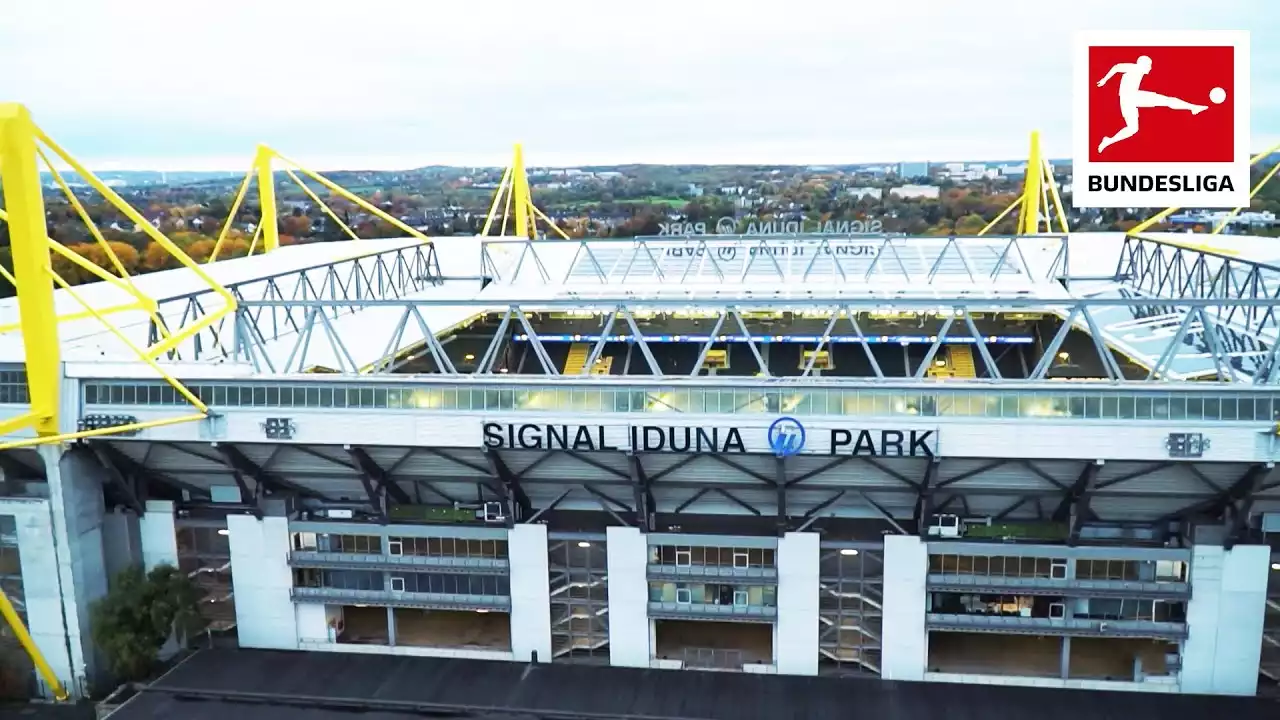
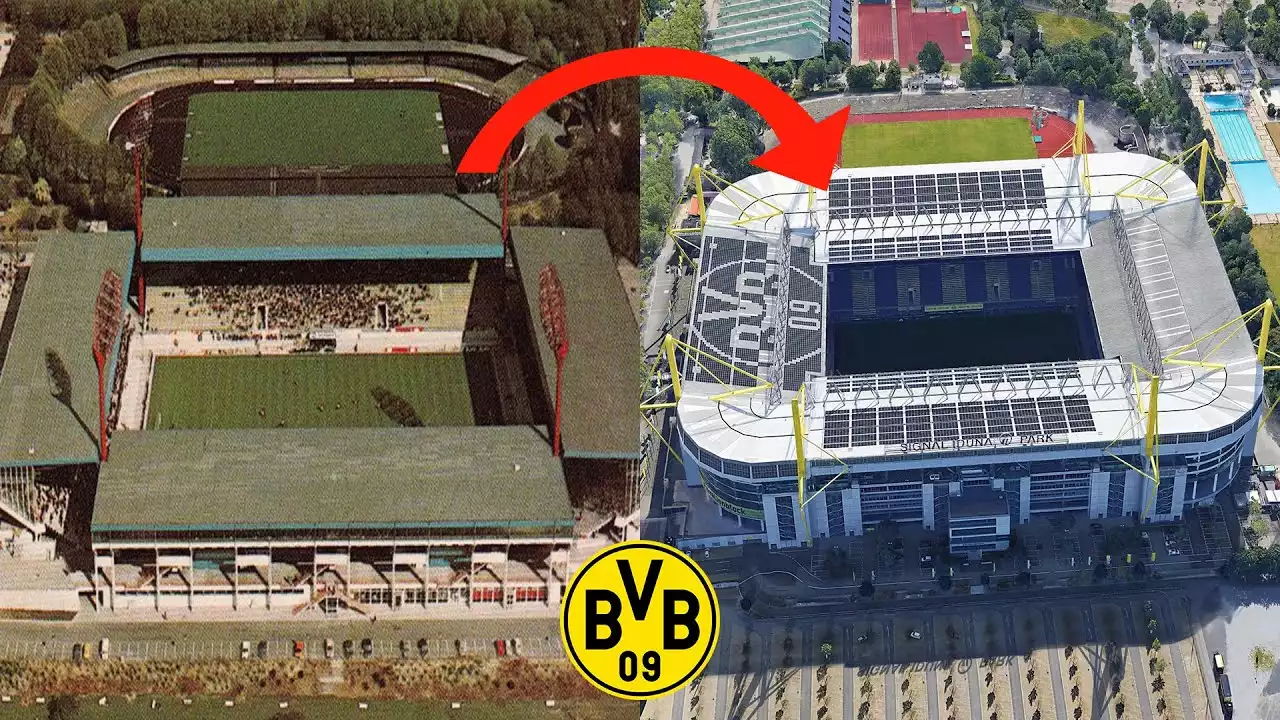
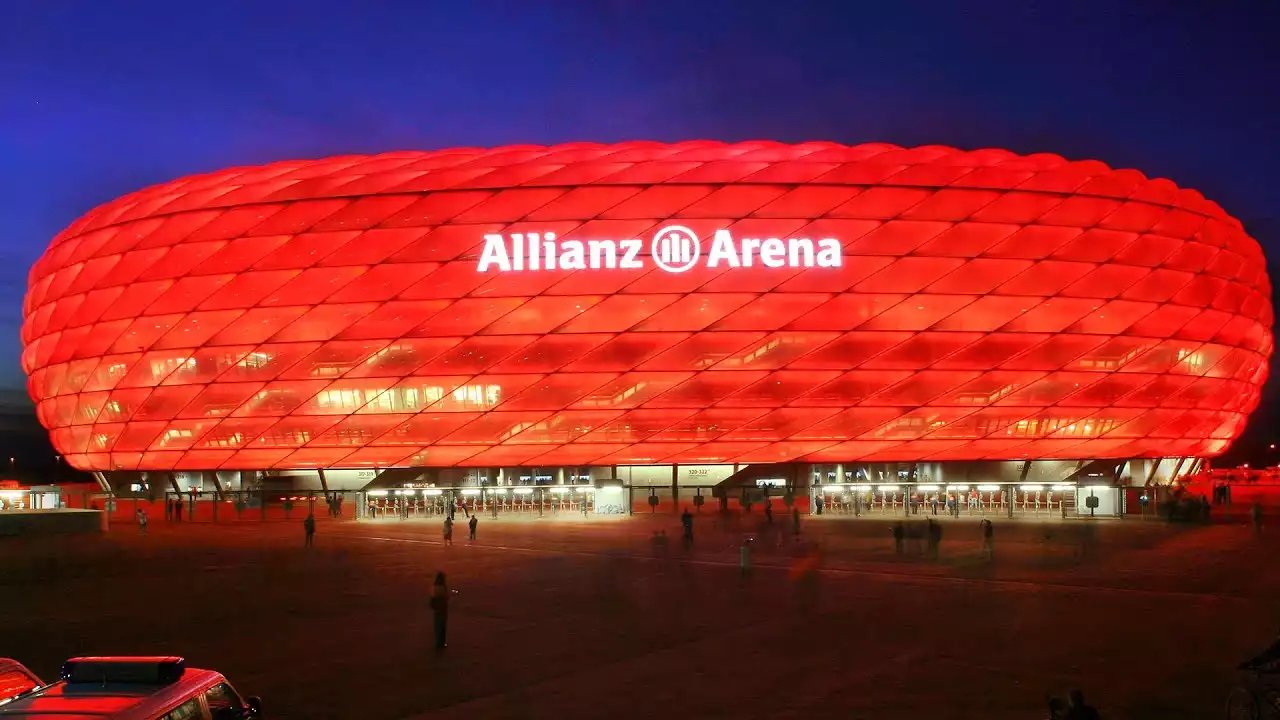
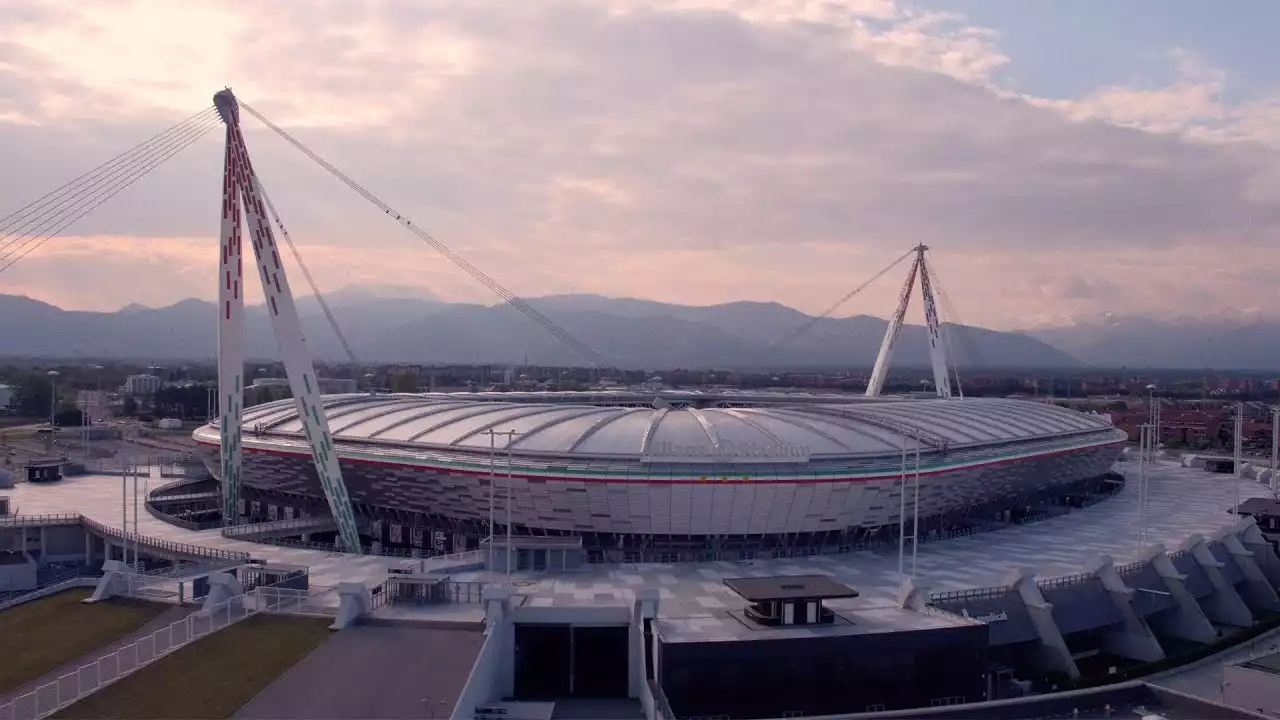
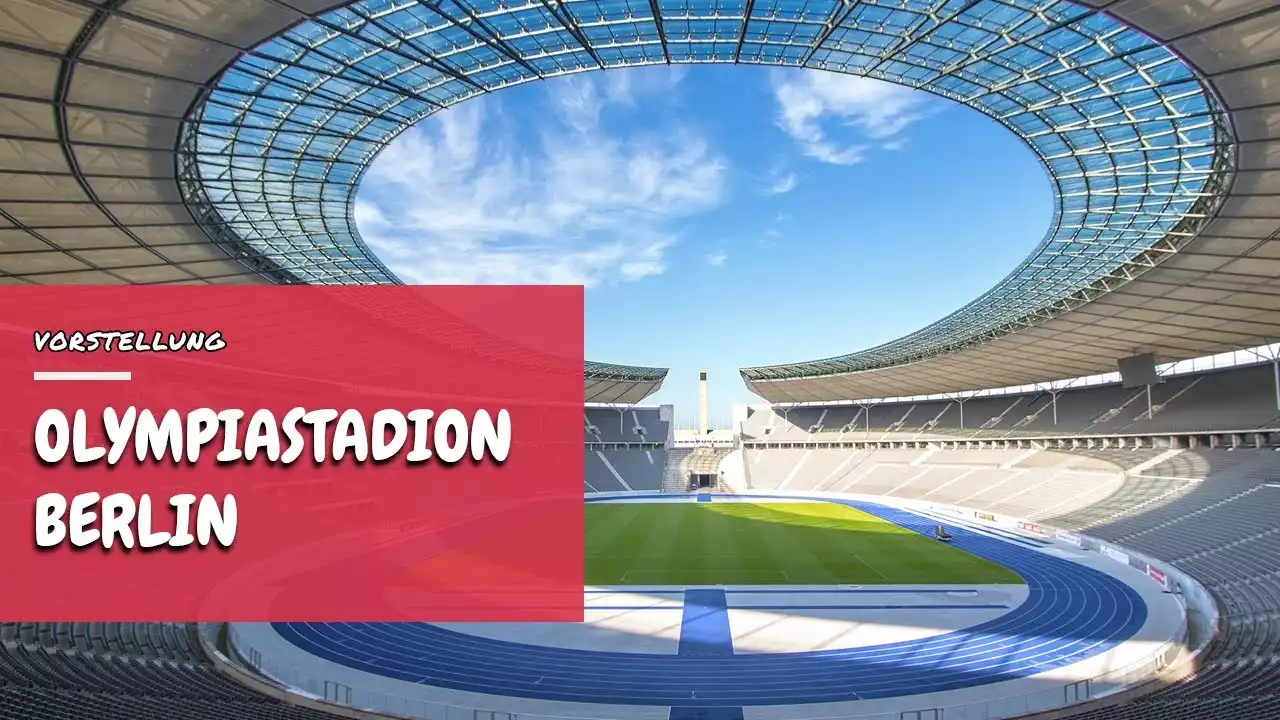

.png?size=50)



